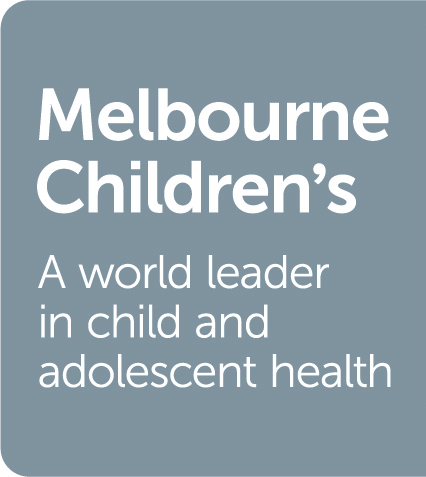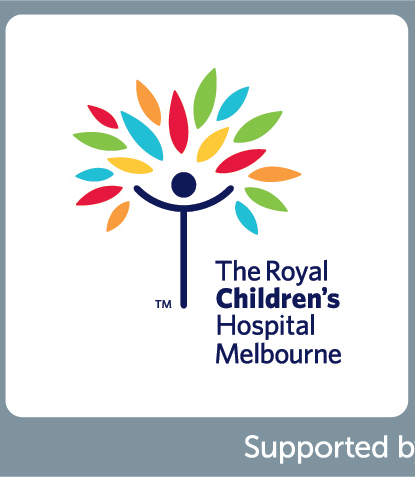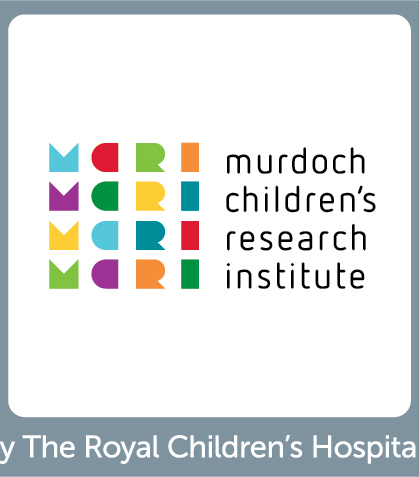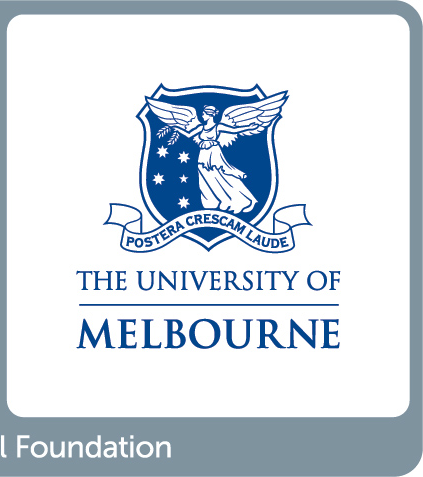SchoolNuts
SchoolNuts is a cross-sectional population-based study that aims to measure the prevalence of food allergy in the early adolescent age group, as well as to understand risk factors for recurrent and severe accidental food ingestion reactions and to determine clinical predictors of food challenge outcomes. 9,630 children aged 10-14 years have been recruited from randomly-selected schools across Melbourne.
Participants have completed surveys on allergic disease status, food allergy-specific quality of life, pubertal development and risk-taking behaviour. Parents of participating children have completed questionnaires on family history of allergic disease and environmental exposures. Participants suspected of having a food allergy have attended a hospital clinic for allergy testing and treatment.
| Year | 2011-2015 | 2011-2015 | 2020 | 2021-Ongoing |
|---|---|---|---|---|
| Phase | 1 - Whole cohort | 2 - Clinical sub-sample | 3 - COVID Immune: Baseline | 4 - COVID Immune: 12-mth follow-up |
| Age | 10-14 years | 10-14 years | 15-24 years | 16-25 years |
| N | 9663 | Cases: 370 | Cases: 238 | in progress |
| RELEVANT LIFECOURSE DOMAINS | Allergies | |||
| Anthropometrics | ||||
| Biosamples | ||||
| Demographics | Demographics | |||
| Education and childcare | Education and childcare | |||
| Environmental exposures | ||||
| Family environment | Family environment | |||
| Health services | Health services | |||
| Medications and supplements | ||||
| Mental health and behaviour problems | Mental health and behaviour problems | |||
| Nutrition | ||||
| Other health information | Other health information | |||
| Peer relationships | ||||
| Physical appearance | ||||
| Pregnancy and birth | ||||
| Psychosocial wellbeing | Psychosocial wellbeing | |||
| Puberty | ||||
| Respiratory health | ||||
| Romantic relationships | ||||
| Screen and technology use | ||||
| Sleep | ||||
| Substance use | Substance use | |||
| Study Summary | |
|---|---|
| Study name | SchoolNuts |
| Study abbreviation | SchoolNuts |
| Current principal investigator/s |
Rachel Peters |
| Current project manager |
Megan Mathers |
| Primary Institution/s |
Murdoch Children’s Research Institute - MCRI
|
| Collaborating Institution/s |
The Royal Children’s Hospital - RCH
|
| Major funding source/s |
National Health and Medical Research Council - NHMRC
|
| Study website | https://www.mcri.edu.au/research/projects/schoolnuts |
| Key reference for study | Sasaki, M., Koplin, J.J., Dharmage, S.C., Field, M.J., Sawyer, S.M., McWilliam, V., Peters, R.L., Gurrin, L.C., Vuillermin, P.J., Douglass, J., Pezic, A., Brewerton, M., Tang, M.L.K., Patton, G.C. and Allen, K.J. (2018). Prevalence of clinic-defined food allergy in early adolescence: The SchoolNuts study. J Allergy Clin Immunol, 141(1): 391-398.e4. doi: 10.1016/j.jaci.2017.05.041 |
| Study focus |
To measure the prevalence of food allergy in the early adolescent age group, to understand risk factors for food ingestion reactions and to determine clinical predictors of food challenge outcome. |
| Sampling frame |
Children aged 10-14 years (grade 5-8) and their parents recruited through randomly selected government, Catholic and independent primary and secondary schools (using stratified cluster sampling) within 80 km of Melbourne’s (Australia) Central Business District. |
| Primary study type | Cross-sectional |
| Primary participant (at recruitment) | Index child |
| Year commenced |
2011 |
| Is this study ongoing? | No - the study is complete |
| Year study ended | 2016 |
| Ongoing recruitment? | No |
| Sample size (N) |
9663 Whole cohort, 370 Clinical sub-study of participants with suspected food allergy |
| Survey data available? | Yes |
| Imaging data available? | No |
| Linkage to administrative dataset/s? | No, no consent to link to administrative dataset(s) obtained |
| Biosamples available? | Yes |
| Are data available to others outside study team, with appropriate safeguards and structures in line with the cohort’s ethics and governance processes? | No |
| Are there any costs associated with data/sample access for approved requests? | There are usually no costs associated with access |
| Broadest type of participant consent available |
Extended consent (can be used for future ethically approved research related to this project) |
2022
Imran S, Neeland MR, Peng S, Vlahos A, Martino D, Dharmage SC, Tang MLK, Sawyer S, Dang TD, McWilliam V, Peters RL, Koplin JJ, Perrett KP, Novakovic B, Saffery R. (2022). Immuno-epigenomic analysis identifies attenuated interferon responses in naïve CD4 T cells of adolescents with peanut and multi-food allergy. Pediatr Allergy Immunol, 33(11), e13890. DOI: 10.1111/pai.13890
2021
Imran S, Neeland MR, Koplin J, Dharmage S, Tang ML, Sawyer S, Dang T, McWilliam V, Peters R, Perrett KP, Novakovic B, Saffery R. (2021). Epigenetic programming underpins B-cell dysfunction in peanut and multi-food allergy. Clin Transl Immunology, 10(8), e1324. DOI: 10.1002/cti2.1324
2020
McWilliam V, Peters RL, Allen KJ, Dharmage SC, Ponsonby A-L, Tang MLK, Smart J, Perrett K, Tey D, Robinson M, Taranto M, Koplin JJ, Gurrin LC, HealthNuts , SchoolNuts investigators . (2020). Skin Prick Test Predictive Values for the Outcome of Cashew Challenges in Children. J Allergy Clin Immunol Pract, 8(1), 141 - 148.e2. DOI: 10.1016/j.jaip.2019.05.057
2019
Hameed R, Peters RL, Field MJ, Koplin JJ, Dharmage SC, Allen KJ, SchoolNuts investigators. . (2019). Self-reported asthma prevalence and control in a population-based cohort of Australian school students aged 10-14 years. Arch Dis Child, 104(6), 612 - 613. DOI: 10.1136/archdischild-2018-316203
Robinson M, Koplin JJ, Field MJ, Sasaki M, Peters RL, McWilliam V, Sawyer SM, Patton GC, Vuillermin PJ, Douglass J, Gurrin LC, Tang MLK, Dharmage SC, Allen KJ, SchoolNuts Investigators . (2019). Patterns of Carriage of Prescribed Adrenaline Autoinjectors in 10- to 14-Year-Old Food-Allergic Students: A Population-Based Study. J Allergy Clin Immunol Pract, 7(2), 437 - 443. DOI: 10.1016/j.jaip.2018.06.025
2018
McWilliam VL, Koplin JJ, Field MJ, Sasaki M, Dharmage SC, Tang MLK, Sawyer SM, Peters RL, Allen KJ, SchoolNuts investigators . (2018). Self-reported adverse food reactions and anaphylaxis in the SchoolNuts study: A population-based study of adolescents. J Allergy Clin Immunol, 141(3), 982 - 990. DOI: 10.1016/j.jaci.2017.09.012
Sasaki M, Koplin JJ, Dharmage SC, Field MJ, Sawyer SM, McWilliam V, Peters RL, Gurrin LC, Vuillermin PJ, Douglass J, Pezic A, Brewerton M, Tang MLK, Patton GC, Allen KJ. (2018). Prevalence of clinic-defined food allergy in early adolescence: The SchoolNuts study. J Allergy Clin Immunol, 141(1), 391 - 398.e4. DOI: 10.1016/j.jaci.2017.05.041
Sasaki M, Peters RL, Koplin JJ, Field MJ, McWilliam V, Sawyer SM, Vuillermin PJ, Pezic A, Gurrin LC, Douglass JA, Tang MLK, Dharmage SC, Allen KJ. (2018). Risk Factors for Food Allergy in Early Adolescence: The SchoolNuts Study. J Allergy Clin Immunol Pract, 6(2), 496 - 505. DOI: 10.1016/j.jaip.2017.12.011
| Study Contacts | |
|---|---|
| Principal investigator/s |
Rachel Peters |
| Project manager |
Megan Mathers |
| Study Contact |
Ph: 03 8341 6266 |



